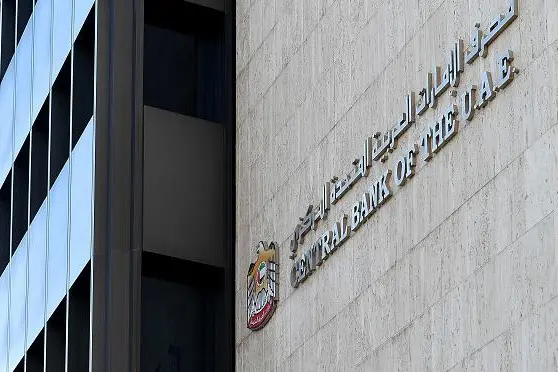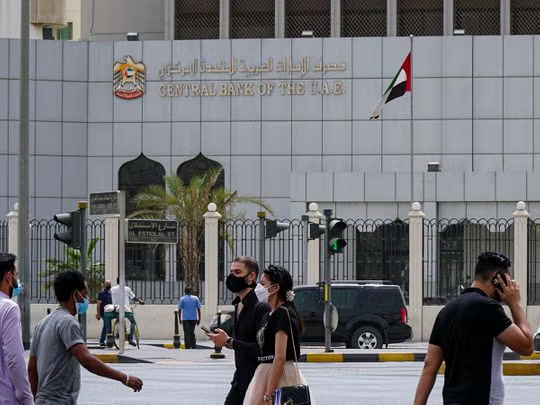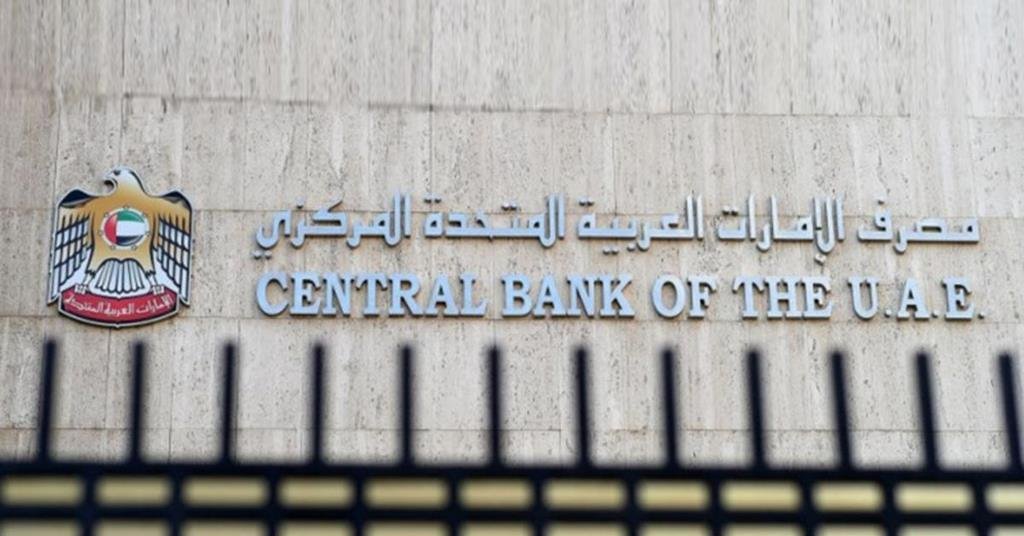The CBUAE financial sanction has made headlines as the Central Bank of the UAE imposed a hefty AED 100 million fine on a local exchange house. This strong penalty comes after the company was found guilty of serious breaches of anti-money laundering (AML) and counter-terrorism financing (CFT) regulations.
The move by the CBUAE shows how serious the UAE is about protecting its financial system from misuse. It also serves as a clear warning to all financial institutions to strictly follow the law or face heavy consequences.
What Led to the CBUAE Financial Sanction?
The CBUAE regularly inspects banks and exchange houses to make sure they comply with financial laws. During a recent inspection, it discovered that the exchange house had major gaps in its controls against money laundering and terrorist financing.

These gaps included weak policies, poor staff training, and ineffective transaction monitoring. These failures made it easier for illegal money activities to go unnoticed within the company’s operations.
Under Federal Decretal Law No. 14 of 2018, the CBUAE has the power to impose financial sanctions and other penalties on institutions that break the rules. The AED 100 million fine is one of the largest sanctions issued so far, signaling zero tolerance for rule violations.
Detailed Findings Behind the CBUAE Financial Sanction
The investigation found several problems that contributed to the CBUAE financial sanction:
- Insufficient AML Policies: The exchange house had outdated or incomplete anti-money laundering rules. This made it hard to track suspicious activity effectively.
- Poor Employee Awareness: Staff members were not trained enough to detect or report unusual financial transactions, limiting the company’s ability to prevent crimes.
- Weak Monitoring Systems: The tools and systems to review and flag risky transactions were ineffective or not used correctly.
- Inadequate Risk Assessment: The company did not properly assess or manage the risks related to its clients and transactions.
- Compliance Negligence: Overall, compliance was not prioritized at the management level, causing ongoing breaches.
Because of these issues, the company’s license and reputation are now at risk.
Why This Sanction Matters to the UAE Financial Sector

The CBUAE financial sanction sends a strong message to the entire financial industry in the UAE. The country has worked hard to build a safe and transparent financial environment that meets global standards. These standards help protect the UAE’s economy from threats like money laundering and terrorism financing.
By imposing this large fine, the CBUAE emphasizes that no institution, regardless of size, is above the law. It encourages all financial businesses, including banks, exchange houses, and money transfer companies, to strengthen their compliance systems.
The sanction also reassures investors and global partners that the UAE is serious about maintaining a clean and trustworthy financial market.
Recent Trends in CBUAE Enforcement
This penalty is part of a growing trend. In the past year, the Central Bank of the UAE has increased its supervision and enforcement actions on financial firms. Several institutions have received warnings, fines, or license restrictions for failing to meet AML and CFT standards.
This rise in enforcement shows that regulators are closely watching and actively intervening to maintain financial integrity. The CBUAE’s efforts are supported by new technologies, better data analysis, and international cooperation to fight financial crime.
For companies operating in the UAE, these trends underline the need for ongoing vigilance and investment in compliance.
How Financial Firms Can Avoid a Similar CBUAE Financial Sanction
To stay safe from penalties like the AED 100 million fine, financial institutions need to improve their compliance practices:
- Update AML/CFT Policies: Companies should regularly review and improve their anti-money laundering and counter-terrorism financing policies.
- Regular Staff Training: Employees at all levels must be trained continuously to identify suspicious activities and know how to report them.
- Use Advanced Technology: Implement robust software and automated systems for transaction monitoring and risk detection.
- Conduct Internal Audits: Self-checks can identify weak spots before regulators do.
- Top Management Commitment: Leadership must prioritize compliance and allocate enough resources to ensure rules are followed.
- Know Your Customer (KYC) Practices: Ensure thorough verification of clients and ongoing monitoring to reduce risks.
Adopting these steps can help institutions stay compliant and avoid heavy fines.
The UAE’s Global Commitment to Fighting Financial Crime
The UAE has been steadily aligning its financial regulations with global best practices. By doing this, the country builds trust with international partners and supports the global fight against money laundering and terrorism financing.
The CBUAE financial sanction reflects this commitment. It shows that the UAE is not only creating strong laws but is also willing to enforce them strictly.
This enforcement helps the UAE maintain its reputation as a safe and attractive destination for investors, banks, and businesses worldwide.
What Happens to the Exchange House Now?

Following the CBUAE financial sanction, the exchange house must pay the AED 100 million fine. Additionally, it is required to immediately fix all compliance weaknesses identified by the regulator.
The company will face ongoing monitoring by the CBUAE to ensure that improvements are effective and sustainable. If it fails to meet these conditions, the Central Bank may impose further penalties, including the suspension or cancellation of the company’s operating license.
This case serves as a strong lesson for all financial firms about the importance of maintaining compliance at all times.
Conclusion: Lessons from the CBUAE Financial Sanction
The CBUAE financial sanction imposed on this exchange house sends a clear and urgent message. Financial institutions must follow anti-money laundering and counter-terrorism financing laws strictly. Failure to do so can lead to severe financial penalties and damage to reputation.
The AED 100 million fine is more than a punishment—it is a commitment to a safer, more transparent financial system in the UAE.
As the country continues to grow as a global financial hub, the CBUAE’s actions highlight the importance of strong regulation, compliance culture, and vigilance.
For all financial businesses operating in the UAE, the lesson is simple: invest in compliance now to avoid costly sanctions later.
Read More: Emirates Damascus Flight to Resume from 16 July 2025













